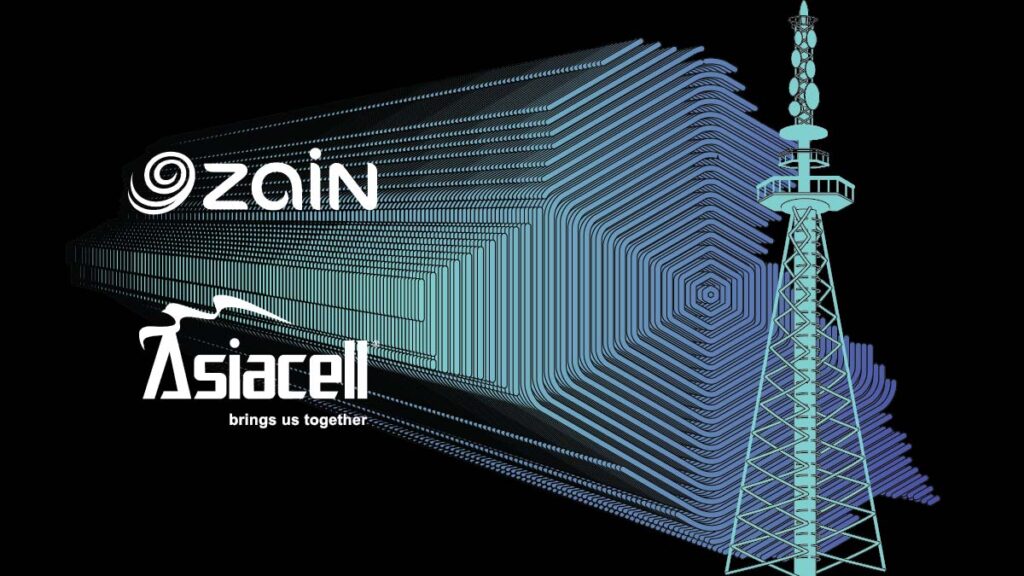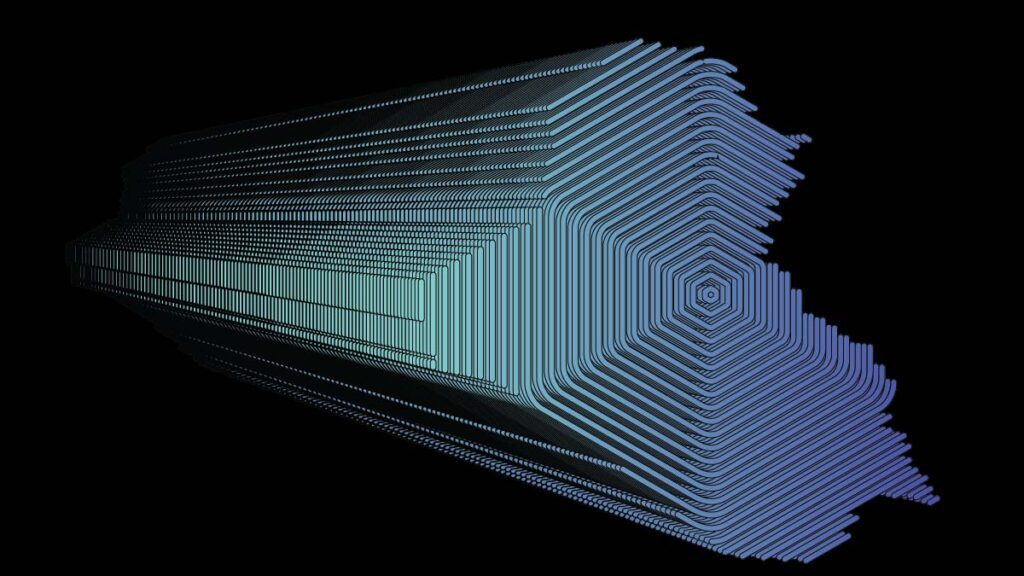
Iraq, one of the largest countries in the middle east, has been trying to recover from decades marred with war, internal conflicts, ethno-sectarianism and political tensions. As a result, it has witnessed a severe slowdown in the different vital and economic sectors. In particular, the telecom backbone has suffered significantly from the succession of adverse events in the country. On another note, the telecom market in Iraq is one of the most promising, where the increased adoption of mobile services could open the door for important investments in the country’s telecom sector.
The telco space is regulated by the communications and media commission (CMC). The CMC was established by a decree from the coalition provisional authority (CPA). The CPA was a transitional government established following the invasion of the country by the USA and its allies which ended the previously established regime under the Baathi party in 2003.
The main roles of the CMC include the regulation of broadcasting and communications networks, frequency planning and distribution, in addition to other roles related to media and press. The operation of the CMC is complemented by the ministry of communications (MoC). The MoC is concerned with the provision of telecommunications services and runs the state company for internet services which represents the country in international organizations such as the international telecommunications union (ITU).
Comparing the telecom landscape to the world norm is not fair to say the least. The geopolitical factors in addition the pronounced sectarianism hinder a proper development of the telecom sector. While the market is predominated by the 3G wireless standard, increasing efforts are being made to deploy a 4G network, establish a fiber optic network, and work towards an Iraqi satellite system.
A Tale of Three Operators
The Iraqi market is dominated by three operators, Kuwaiti giant Zain Group, Ooredoo subsidiary Asiacell and Korek. Korek was originally owned by French group Orange and Kuwaiti logistics company Agility. However, their stake in the operator which they acquired in 2011 was confiscated by the CMC. The Korek saga is a complicated one involving Sirwan Barzani, the first cousin of Nechirvan Barzani the president of the Kurdistan region which suggests that CMC’s decision has not been based solely on performance, as it was previously claimed.
Zain has been heavily investing in the Iraqi market with an 11 percent capital expenditure increase in 2021 compared to 2020. The group however witnessed an 18 percent in revenues from the Iraqi market, mainly due to the devaluation of the currency and to the coronavirus pandemic. This said, the operator has been working on developing its networks in addition to launching digital solutions such as the digital operator “oodi” which provides an all-digital mobile experience. Zain has also launched ZainCash in Iraq, providing digital financial services to its subscribers.
The Iraqi market has also been an important market for Ooredoo. The country contributes to 12 percent of the company’s revenues. The expenditures share for the Iraqi market constitutes 14 percent of the group’s total. As in the case with Zain, Asiacell worked on offering digital solutions such youth-oriented mobile application “Yooz”. Digital payments, e-sports and e-commerce are other applications the company is working on.

The local operator Korek, has also been investing in digital solutions which include its digital wallet NassWallet in addition to other mobile applications and services.
The latest OpenSignal report provides a preliminary ranking of the three operators in terms of the performance perceived on their corresponding networks. The report clearly indicates that Asiacell emerges as the winner of the video experience, download and upload experiences, 4G availability and 4G coverage. For the games and voice app experience, the three operators are proclaimed as equal winners. Beside the video experience, Zain is ranked second ahead of Korek with a notable advantage in 4G coverage experience.
Lagging Severely in the Technology Race
Iraqi subscribers have been relying on relatively old 2G and 3G networks for their voice and data connectivity. This delay in adopting new technologies is attributed to many factors including social, political, and religious considerations. The tight regulatory measures by the CMC do not simplify problem. During the last couple of years, the 4G network has been gradually deployed over the territory. The CMC has renewed licenses for the three operatorsuntil 2030 in addition to granting them additional bands to expand their 4G network.
While 4G is still a very recent addition to the technology suite in the country, the talk about 5G is currently out of question. The MoC has also been working on its fiber to the home network to provide broadband connectivity in the country. However, a report by the international trade administration claims that fiber prices are relatively high given the lack of competition and the MoC’s stronghold on the sector.
Therefore, as long as the Iraqi market is not liberalized, the adoption of newer technologies will remain slow and prone to political decisions. The incident between Korek and its foreign shareholders will certainly deter external players from entering the market, if they are even allowed to do so. The liberalization of the sector will also lead to higher competition, diversified services, and a much faster evolution of the sector.
The Iraqi market is extremely promising though given the low mobile penetration rate compared to countries and in the region, and the relatively low adoption of internet services. The telecom sector should constitute an economic driving force for the country if an adequate plan is set up.
Summary
Iraq is a country which has long suffered from a succession of wars, internal conflicts and authoritarian regimes. This has presented a major hurdle to its progress, in particular, as far as the telecom sector is concerned. Similarly to other vital sectors, telecom is subject to geopolitical and social constraints that considerably slow down its development. Iraq with its size and large population has the possibility to be one of the leading markets in the region, akin to the Egyptian market. However, up to this moment, it has to rely primarily on 2G and 3G services while the 4G network is progressively being deployed. The lack of newer technology, and monopolization in the decision-making process hinder the development of new services that will increase the average revenue per user and subsequently upturn the contribution of the sector to the country’s gross domestic product.
“Inside Telecom provides you with an extensive list of content covering all aspects of the tech industry. Keep an eye on our Telecoms, and 5G space to stay informed and up-to-date with our daily articles.”